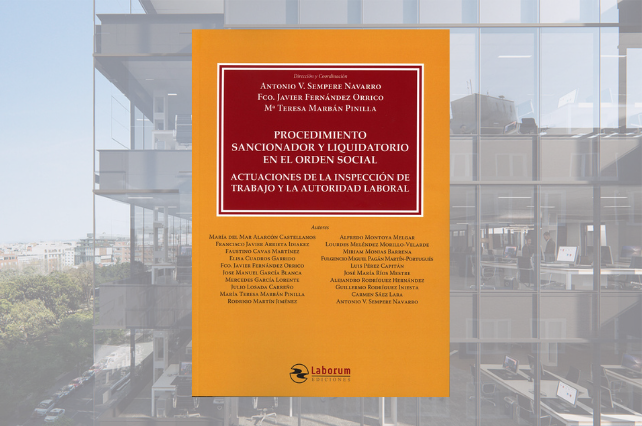The ruling of the Spanish National Court dated March 23, 2022, partially upholds the accumulated collective conflict claims made by several trade unions, declaring the nullity of certain clauses contained in the standard teleworking agreement signed by the employer with 1,029 workers from its workforce.
Below, we outline the main clauses whose nullity was declared by the ruling of March 23, 2022. Specifically, the National Court annulled the clause in the teleworking agreement that required the employee to provide the Company with their personal email address and phone number, in case they needed to be contacted for service emergencies. The Court holds that the corporate email address and mobile phone are tools and equipment that the employer must provide, cover the costs, and maintain. If the company does not provide a mobile phone or a company email, this constitutes a violation of the content of the 2021 Teleworking Act. Furthermore, the Court points out that any potential urgency does not justify requiring the employee to use their personal means for such purposes, allowing the employer to evade their legal obligations.
The Court also declares the nullity of the clause that grants the employee the right not to attend to digital devices once their working day has ended, except in cases of justified emergency circumstances. The clause specifies that justified temporary emergency situations may arise that could cause harm to the business and require immediate response or attention by the employee. Regarding the right to digital disconnection, the National Court affirms that no right is absolute, as its exercise may conflict with other rights. However, the limitations to the right to digital disconnection in teleworking cannot be unilaterally established by the employer, as in the case considered in this ruling. Instead, such limitations must be subject to what is established in collective bargaining or, if not available, to the agreements between the company and the employee representatives, as outlined in Article 88 of the Personal Data Protection Act.
Additionally, the clause of the teleworking agreement that stipulates that, when circumstances so require, according to Article 16.2 of Law 10/2021, the employee authorizes the company’s Health and Safety Service to periodically enter their home to evaluate the safety and health conditions of the Home Office with a minimum notice of 7 days, is also declared void. The National Court establishes that this clause is not in accordance with the law, as it provides for a generic and unconditional prior authorization to access the employee’s home. For the need to assess risks to justify accessing the teleworker’s home, there must be a specific reason for such action, which must be communicated in writing beforehand to both the employee and the prevention delegates. Even then, the employee may refuse entry, and in such cases, it will not take place.
Lastly, the clause regarding the grounds for which the employee may revert to teleworking is also declared void. The National Court holds that the contract cannot condition the reversal to employer authorization, as it is a matter of mutual consent, which is reversible for both parties. Therefore, both the employer and employee may, if they so wish, reverse teleworking. If collective bargaining does not address this issue, the terms for reversal will be determined by the teleworking agreement. However, in this case, as the contract is a standard form contract (“since its clauses have been pre-established by the employer and the employee merely has the option to adhere”), the Court understands that nothing prevents the employer from pre-setting the situations in which they may exercise this right. However, it is deemed abusive, under Article 7.2 of the Civil Code, to limit the employee’s ability to exercise the right to reverse teleworking through such a standard form contract. As a result, that part of the clause is considered contrary to the legal framework.


